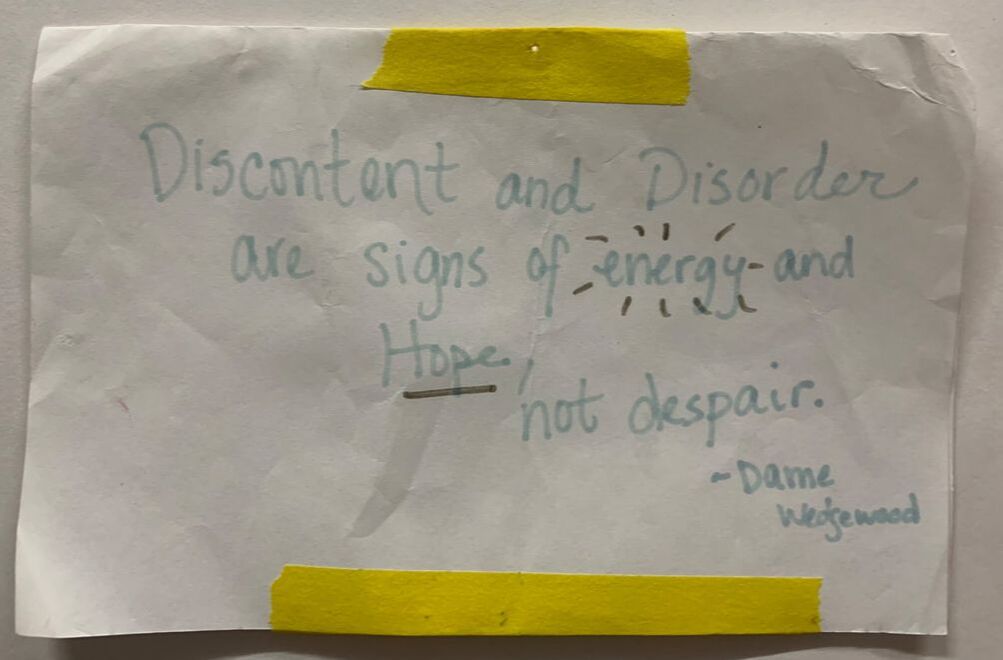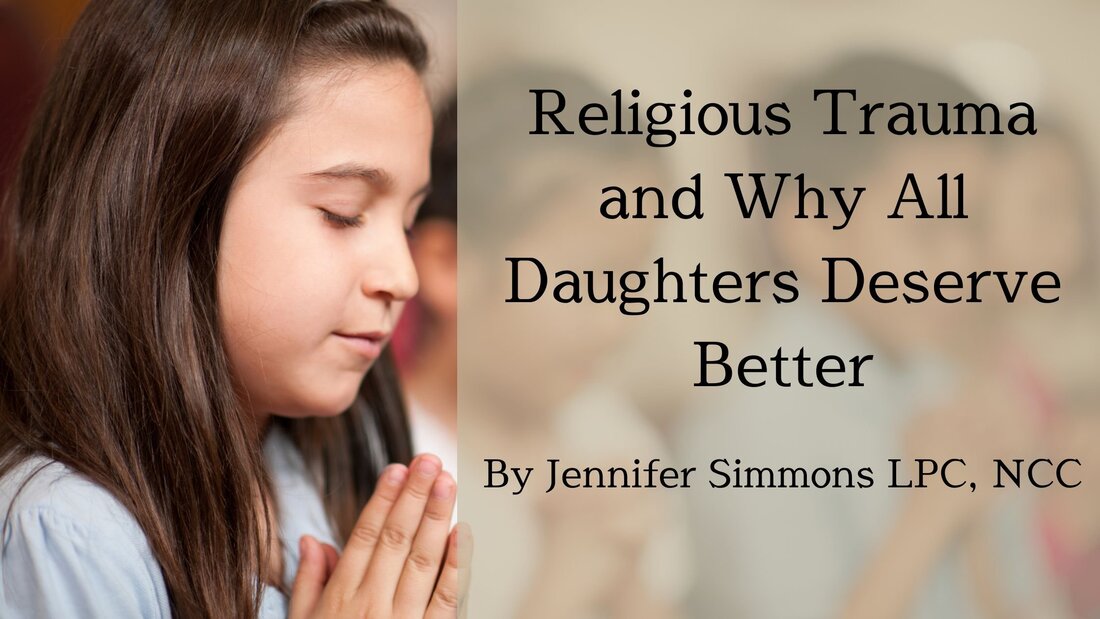|
It seems that the old adage is true, “you are what you eat”. Research suggests that the food we eat, and the bacteria in our gut, has a direct impact on the chemicals that our brain uses to communicate, also known as neurotransmitters. These chemicals are created in the gut as well as the brain which is why diet and nutrition is so linked with mental health. This connection between what we eat, and our brain is called the Gut-Brain Axis and connects the intestines, and other bodily systems, with the central nervous system.
Interestingly, much of the well-known neurotransmitter Serotonin is created in the gut. Serotonin promotes feelings of happiness, calm, and relaxation. Eating the amino acid Tryptophan is one of the ways we can produce more serotonin. Foods high in tryptophan include:
References
Written by: Alexandra Jade Adalbert, LPCA, MS
2 Comments
Whether it's bouts of stress, anger, or a panic attack, there are times in our lives when we are overwhelmed and go into crisis mode. When we are experiencing this state of panic it can be difficult in the moment to think of what to do to bring ourselves back to the present. In the world of counseling, the act of bringing ourselves back to the present moment from a state of disarray is called grounding. Grounding provides us with stability and helps us regulate our bodies and our minds. There are many things that people do to manage stress such as exercise, schedule management…etc. However those are not helpful things when we are in crisis mode. Telling someone who is having a panic attack to “calm down” or “snap out of it” is often more hurtful than it is helpful. Below are some things that we can use to help us regulate ourselves, so that we are prepared for the next time we have a panic attack.
For this exercise you will identify: 5 things you can see 4 things you can feel 3 things you can hear 2 things you can smell 1 thing you can taste
There are many different methods of breathing exercises. The most popular are:
Grounding is a mindfulness exercise that has been known to be highly effective with those struggling with stress, anxiety, and panic. Try these techniques out and let us know how they go! https://www.goodrx.com/health-topic/mental-health/grounding-techniques-anxiety-coping https://www.sciencedirect.com/science/article/abs/pii/S0304394019300199#preview-section-cited-by  Elena Fenner is interning as a counselor in training at Open Minds Counseling. She is a graduate student in Northwestern University’s counseling program with the goal of becoming a Licensed Professional Counselor who specializes in adolescent therapy. Elena embraces the philosophy that the client is the expert in the room, and here job as a counselor is to listen and create an environment that is safe and welcoming. Elena's approach centers on interventions from Cognitive Behavioral Therapy and Internal Family Systems therapy models. She is passionate about working with adolescents and individuals in transitional adulthood. I am a therapist in private practice specializing in young adults with mood disorders such as depression and anxiety. I have also been in therapy for many years. Below are some of the mindsets and tools from my experiences that have helped me and my clients manage mood disorders and start living a more intentional life.
Understanding the Cognitive Behavior Therapy (CBT) model
Believing that self worth is inherent simply because you exist
Investing in yourself
Having boundaries
Having a mantra
Surrounding yourself with content that lifts you up
Daring to be vulnerable
Finding your meditation
Remember that John Mayer song Daughters? You know the one, …”Fathers, be good to your daughters, daughters will love like you do, girls become lovers who turn into mothers, so mothers be good to your daughters too”. Women and religious trauma were probably not what John Mayer was calling to mind when he wrote it but it’s what I think of these days when I hear this song.
Religious trauma comes in many forms. I want to talk about the trauma that is inherent in all major world/patriarchal religions but isn’t talked about nearly as much as cults and fundamentalist trauma is. Patriarchal religions are fundamentally contradictory to womens’ healthy development of sense of self. The trauma women experience through the sexism and misogyny built into patriarchal religions is long lasting and deeply impactful. The oppression of women is infused into our culture, workforce, marriages, politics, entertainment and most costly, into our parenting and so much of it is greenlit and defended through religious teaching. As both a mother of a daughter and an atheist it is incomprehensible for me to imagine teaching my child that she is subservient to males or that she is inherently sinful and should feel shame about her body, menstruation or sexuality. This is a person I love more than anything else in the world. Everyday since she was born my life has been centered around making sure she is safe, healthy and has everything she needs to thrive. Why would I ever consider teaching her that she is inferior to anyone, nevermind a whole gender? Let's really think about this for a minute. Say that a devout christian couple has every intention of raising their future children in their religion. Okay fine. They are planning what they have been taught you do, raise your child in your religion. But then their first child is born, a daughter, and she is their whole world. They are loving dutiful parents. At six months or so they dress that precious baby girl up in a white gown and baptize her in a religion that will someday too soon shame her and oppress her. This choice defies every instinct we have as parents.They love their child so much. Yet they literally throw a party to celebrate an induction into a religion that openly and unapologetically disenfranchises their child. How can they go through with this now that they have this baby daughter in their arms? To a non religious person it must sound like a really messed up thing to do. This is your child. Don’t you want what is best for her? Why would you send her into a community that will work hard to uphold male superiority and power to her detriment? I think that is a very good question and one every religious parents need to ask themselves. Parents, I know it's uncomfortable, more than uncomfortable, painful, intolerable even, but please do it anyway because your child is worth it. Your daughter deserves to have a chance to grow up believing she is equal in all ways to men. When parents make the choice to raise their daughters in a patriarchal religion it plants a seed in the child. A seed that no amount of love, attention or encouragement can compensate for. That seed is a message of worthlessness. We are talking about a basic sense of humanism stripped from our daughters. You can’t believe in your own inalienable rights as a human and believe what patriarchal religion teaches about a woman's place at the same time. Those are fundamentally contradictory concepts. The patriarchal religious teachings are not subtle either. “ Woman sinned first”, ”Women shall submit to their husbands” "Husbands are the head of the family and priesthood” “Women must remain pure for their husbands”. The expectations of women are loud and clear. Stay sweet, be good, serve others, be obedient, don’t question. I do not believe that as an atheist the love I feel for my children is greater than the love christian, jewish or muslim parents feel for their children. I do believe that religious parents are avoiding a deeply uncomfortable truth about the cognitive dissonance involved when you choose to bring up your very loved child into a sexist, oppressive religion. As a therapist I see the impact that being raised in a patriarchal, misogynistic religion has on the grown up daughters first hand. Many women struggle to deconstruct and untangle their sense of self worth from the religious teachings they were brought up with. It is common for women raised in religious families to struggle with anxiety, depression, and low self esteem. In some extremes the indoctrination has left women believing they are going to hell and undeserving of love. Parents, we can do better by our daughters. Being good to our daughters means believing she is just as worthy a human as her father and brothers, as all men. |
Archives
April 2024
Categories |




 RSS Feed
RSS Feed
